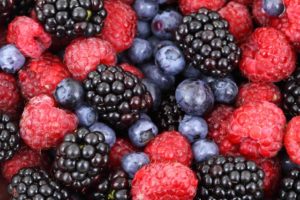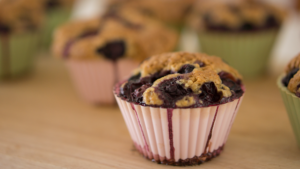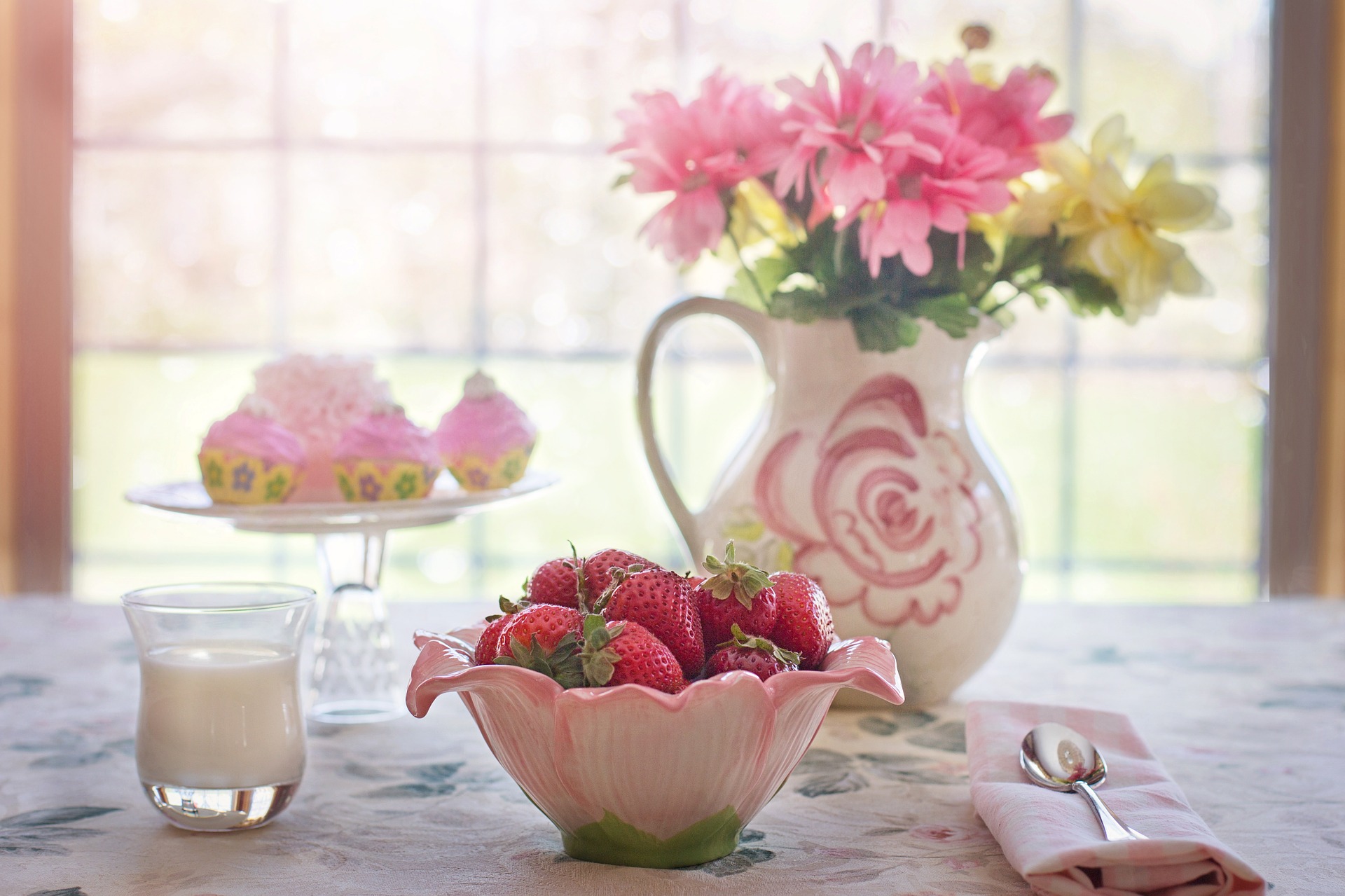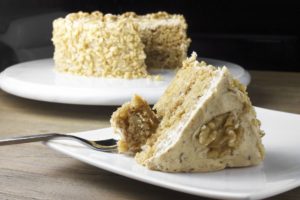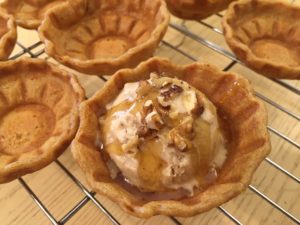For Baking I always opt for nutritive options to
white flour or refined sugar.
All-Natural Sugar Replacements need to have similar
characteristics to your recipe. (liquid for liquid, powder or
granulated needs the same).
Refined sugar is stripped of everything but
its sweetness — a cup has 775 calories, but zero
fiber or vitamins. These “empty calories” play a
role in weight gain and diabetes.

Plus, when sugar makes up more than a
quarter of daily calories, you’re twice as likely
to suffer heart disease and other major health
problems, according to a 2014 study from the
Harvard Medical School.
A great 1 to 1 sugar substitute is Date Paste.
You’ll find it in middle eastern markets and here’s
how easy it is to make your own.
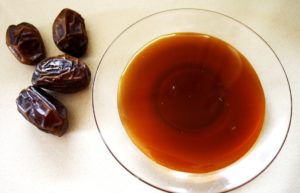
Dates are loaded with potassium, copper, iron, manganese,
magnesium and vitamin B6. From the date palm tree, they are easily
digested and help to metabolize proteins, fats and carbohydrates.
Evidence shows that dates may help to reduce LDL cholesterol in
the blood and may reduce the risk of stroke.
Date paste can be used one-to-one in most recipes, unlike stevia,
and it does add bulk for baking. Soak Medjool dates in hot water until
soft. If the water reaches room temperature and the dates aren’t soft
enough, soak in hot water again.
Reserve the soaking liquid, as it’s integral to making a good paste!
Add the soaked dates to your food processor, along with one tablespoon
of the soaking liquid. Blend until smooth. Add more water as needed
to create a thick, rich paste.
You are looking for the consistency of peanut butter. Use in your
favorite cookie or cake recipe to cut out refined sugar and boost the
nutrients. You can also use date paste to sweeten your favorite muffins
and pies.
For fruit pies, mix 1–1½ cups of puree with four cups of fruit, and bake
as normal. Depending on the water content of the fruit, you may need
to add a thickener, like tapioca.
Calories in one tablespoon of corn syrup: 55. Calories
in one tablespoon of date syrup: about 50. Peer-reviewed
studies show that dates, and their syrup, have loads of
free-radical-busting antioxidants.
Given all the downsides, experts say we should
be eating less sugar. New federal nutrition
guidelines are due out and that are expected to
cap added sugars at 12 teaspoons (50 grams a day).
The FDA is also redesigning food labels to clearly
show how much sugar has been added to foods.
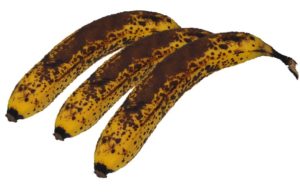
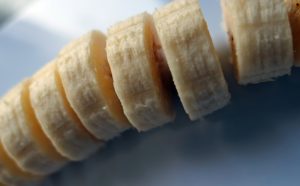
Over time, cutting out refined sugars and focusing
more on natural sweeteners, your taste buds
adjust to a less sugary-sweet taste.
Recipes employing applesauce or mashed banana,
and fruit and juice for sweetener abound, drawing their
taste and texture from sweet options that also have
vitamins and fiber. They aren’t calorie-free, but, they
do offer benefits the bodyneeds.
Many recipes using refined sugar alternatives may
still include some pure sugar, but they’ll usually
have considerably less.
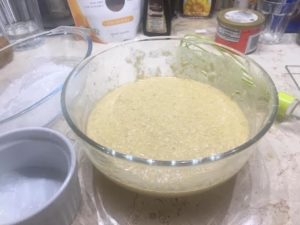
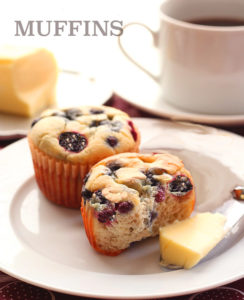
An Applesauce sub for sugar works well in quick
breads, muffins, and brownies — anything that’s
thicker and more cakey. Avoid it in cookies,
especially recipes where you want a crunch.
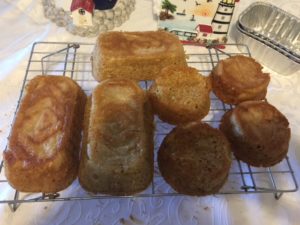
Sub an equal amount of applesauce for sugar, but
dial back other wet ingredients — for example, use
a little less water or milk, if the recipe calls for it.
You can also use applesauce instead of oil to reduce
fat — use the same 1:1 ratio. The fruit company
Musselman’s has a handy oil sub chart.
Calories in a cup of unsweetened applesauce: about
100. Applesauce also has fiber, vitamin C, and
potassium.
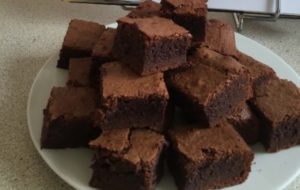
A Sweet potatoes or sweet squash Sub… Any fall
recipe that calls for pumpkins is a natural for
using squash or sweet potato as a sugar substitute.
Use it as you’d use banana in baked goods (see
above), but since even a sweet squash like kabocha
(this writer’s favorite) may not hit banana highs,
you may need to use some sugar.
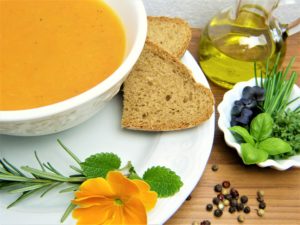
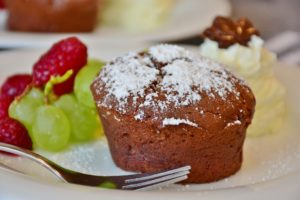
Roast or microwave the potatoes or squash, seed
them, and mash the flesh. In pies, you might need
some sugar, but you’ll drop from one cup to half a
cup or less — just compare these recipes for sweet
potato pie and pumpkin pie. And if you find a recipe
using one type of squash, like butternut, you can
swap in a different squash (or tuber) too.
Calories in a cup of mashed sweet potato: about 250.
You’ll hit 400 percent of your daily vitamin A goal, along
with a healthy dose of vitamin B6, potassium, and fiber.
Calories in a cup of kabocha squash: about 40 (no,
that’s not a typo). That comes with 70 percent of your
daily vitamin A needs.
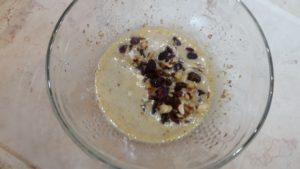
Date syrup or paste…You can make your own by
soaking dates overnight in liquid, like almond milk,
then puree the dates. Use instead of corn syrup,
simple syrup, agave, or honey in baking, or instead
of sugar in cooking.
Date syrup can replace the same measurement of
other sweeteners. Or you can order date paste online.
Some grocery stores may carry it, but you may have
better luck in a Kosher or Middle Eastern grocery.
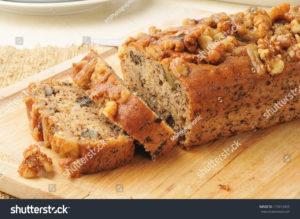
A Maple syrup Sub…Use it to fill in for sugar in dishes
like baked or glazed carrots, or add a natural touch to
salad dressing. In baking, substitute maple syrup equally
for another sweet syrup option, similar to how you’d use
date syrup. Works great in popsicles. When baking, use
slightly less — ¾ cup in a recipe that calls for a full cup
of sugar — and reduce the liquid from other ingredients
by a few teaspoons.
Calories in one tablespoon of real maple syrup: about
50. This may not hit the vitamin highs like squash, but
real maple syrup holds its own. The Vermont Maple
Sugar Makers Association notes potassium, riboflavin,
zinc, and other minerals in syrup that refined sugars
don’t have.
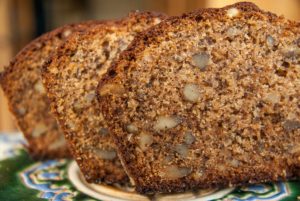
A molasses sub…Molasses forms the backbone of the
eponymous cookies and baked beans, and works well
with some glazed recipes (carrots, chicken, and duck,
for example).
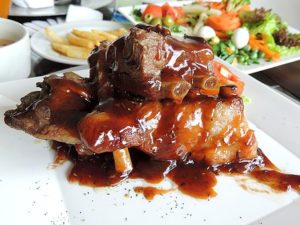
The strong taste doesn’t tickle everyone’s tongue. You
probably don’t want to sub in molasses for sugar in just
any recipe — Many recipes call for both sugar and molasses,
but seeking out molasses-friendly recipes could cure your
cravings with a sweet, moist result. It works best on meats,
in barbeque or Oriental sauces. Also in molasses cookies.
Calories in one tablespoon of blackstrap molasses: about 50.
Molasses’ strong taste masks some solid minerals: calcium,
iron, manganese, magnesium, potassium, even selenium
and vitamin B6.
Then look to bake with fruits instead of sugary frosting
for excitement.
